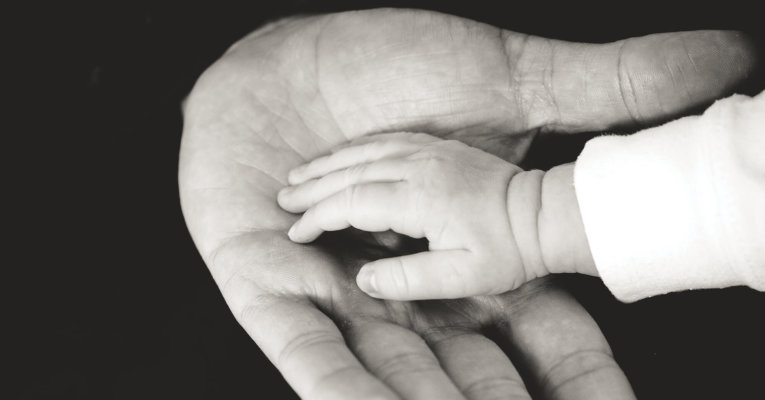Everyone wants and needs respect… even our children. Oftentimes parents complain that their child just doesn’t show respect. The reason may be that we are trying to teach it instead of being a living example. Research proves that children learn 95% by watching the behaviors of others and only 5% of what is actually taught by instruction. So what is the best way to ‘teach’ your child respect?
Simply by modeling a respectful life for them to imitate.
- Respect yourself – Before you can teach your child to respect anyone, you must first demonstrate how to respect yourself. Take care of your body. Don’t abuse it with the over consumption of alcohol or drugs. Eat right, get plenty of rest, and exercise regularly. Take pride in your appearance and dress respectfully. Wearing skimpy clothing or clothing with negative or vulgar words does not demonstrate respect. Don’t allow anyone to take advantage or abuse you in any way-physically or emotionally. And don’t forget to teach your child the same principles. He must learn to respect himself first also!
- Respect your child – Some people believe that because children are smaller than we are and have less experience, they don’t have the same feelings or rights. But they do. The same things that would embarrass or humiliate us, hurts our children also. When we scream, threaten, shame, criticize, and hit our children they shut down. They will only record and model what they experience. Remember, how we treat our children is how they will also treat others.
- The Golden Rule – Start early and teach your child to treat others as they wish to be treated. Toddlers are incapable of putting themselves in someone else’s place but you can begin by teaching them how to care for their books and toys. Sharing is also another way to teach respect. Talk frequently with older children about feelings, differences of opinion, and tolerance.
- Modeling – Let your children see you behaving kindly towards others. Expect that they too perform acts of kindness such as donating used toys to a shelter. Be extra careful about how you speak in front of your children. Avoid harsh, judgmental, and critical language. Quickly move to correct your children if they call names, make fun, or insult someone-even their sibling! Showing concern by asking how their day is going, or offering a compliment is a great way to demonstrate kindness and respect.
- Defensive modeling – The flip side of exposing your child to appropriate behavior is to protect them from inappropriate behavior. Although we cannot safeguard our children from every negative influence, we can make it a priority to monitor disrespectful television, radio, and video games.
- Praise – When you observe your children behaving in a respectful manner, be sure to acknowledge and praise them. This teaches that we value these behaviors. Besides, being respectful of others will also make us feel good about ourselves.
“We must become the people we want our children to be”- Joseph Chilton






